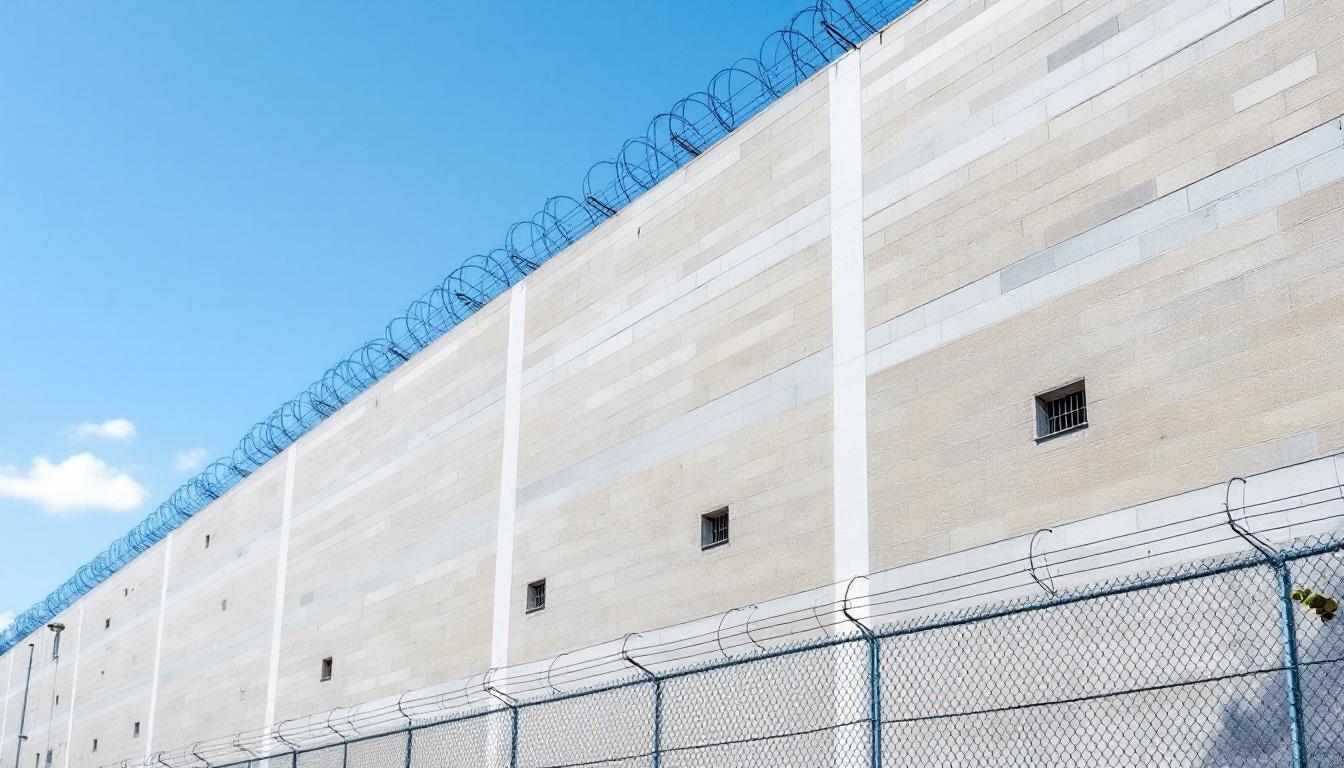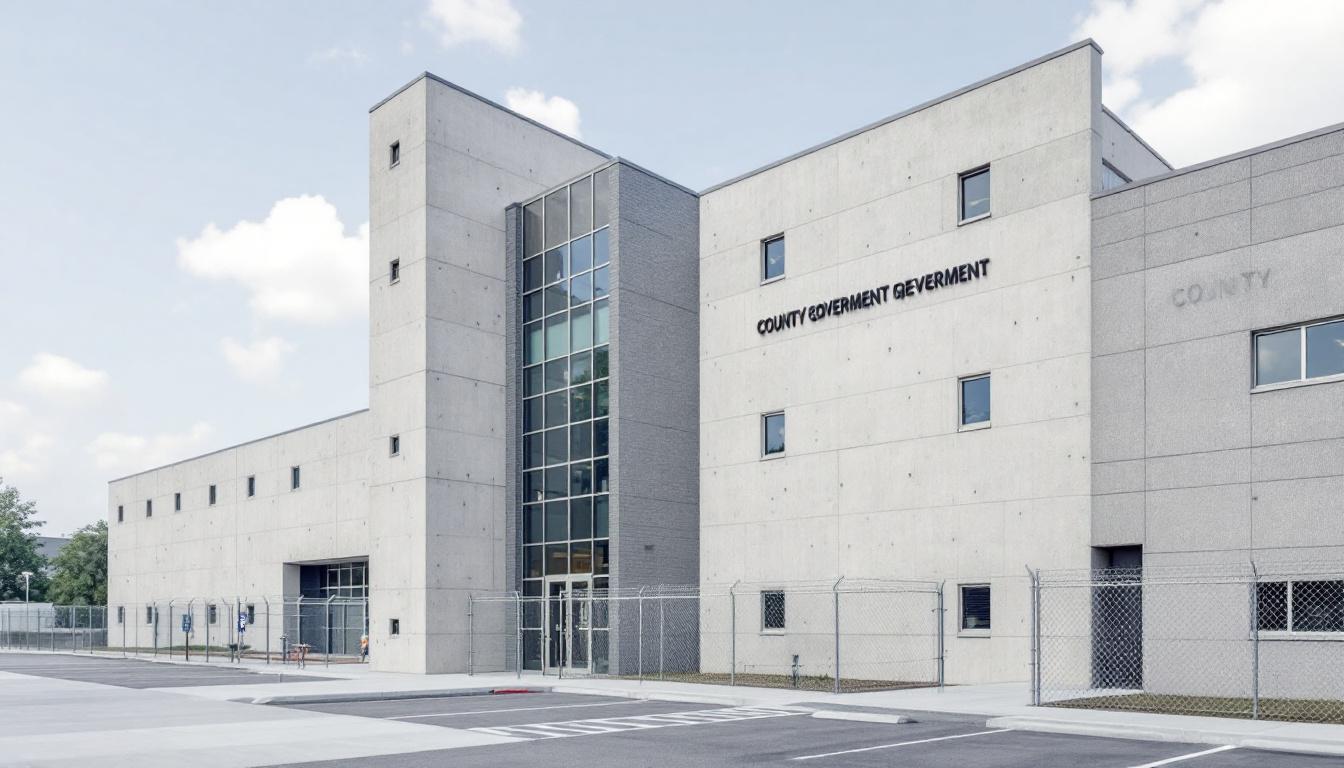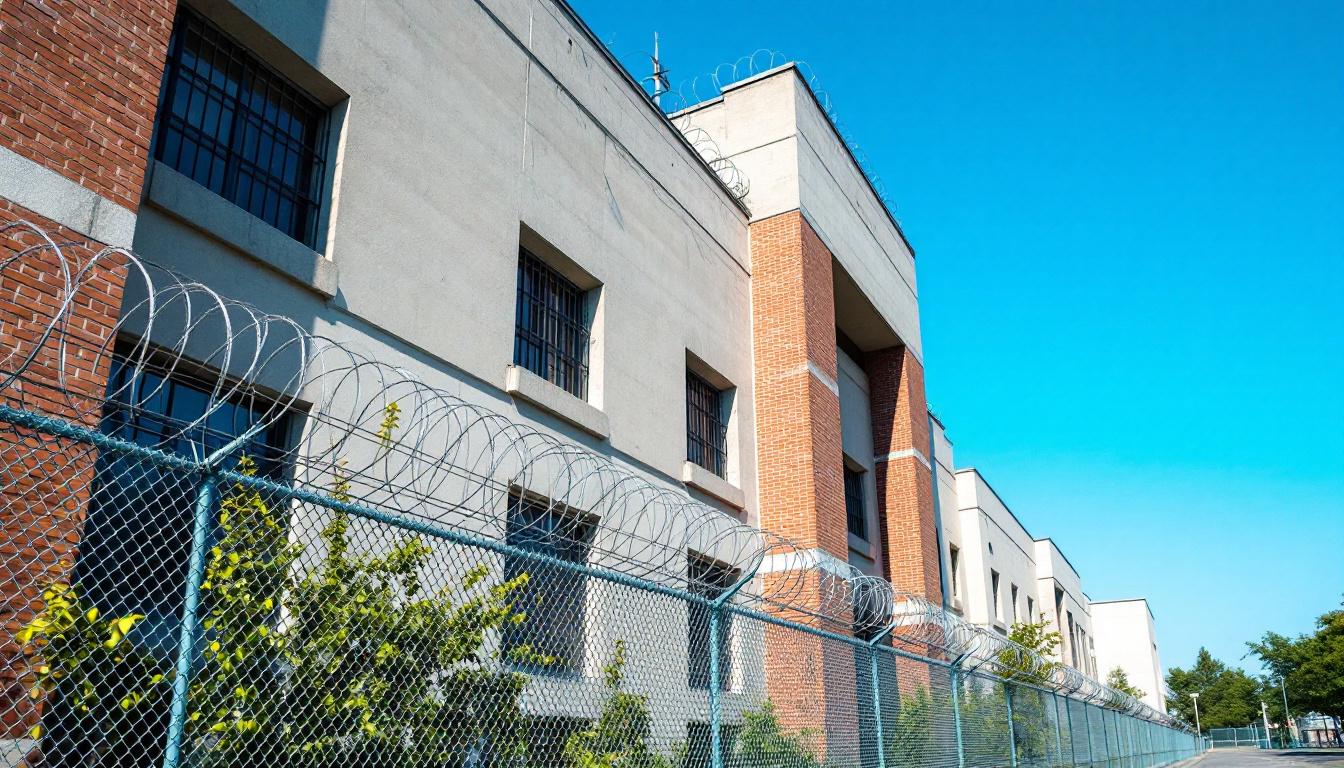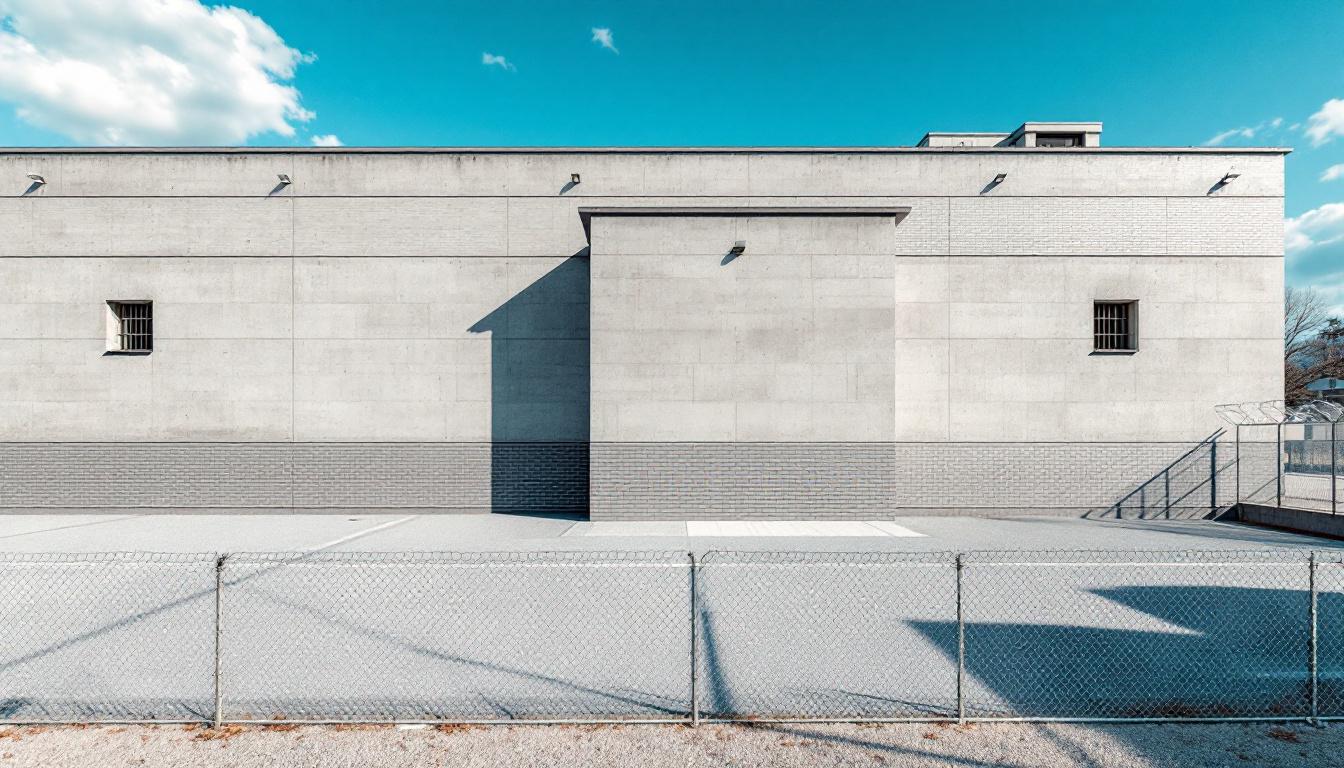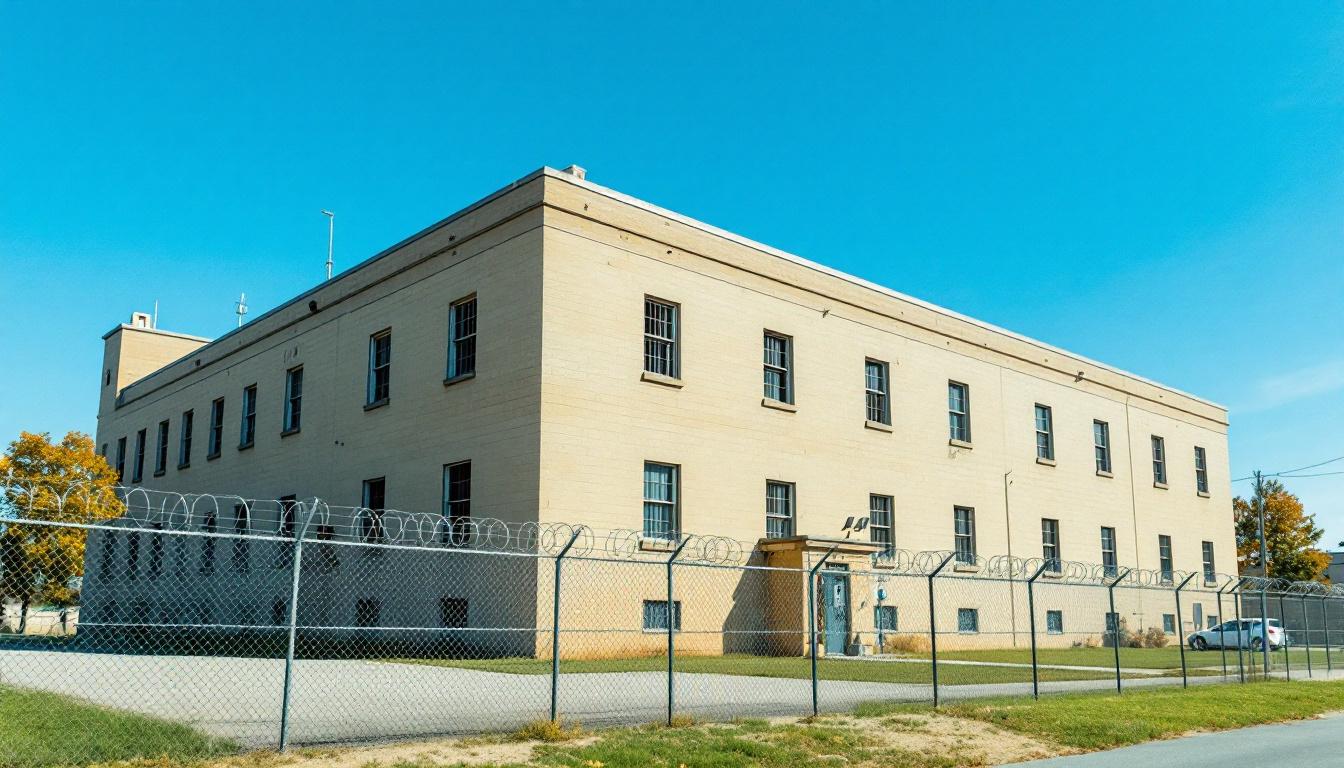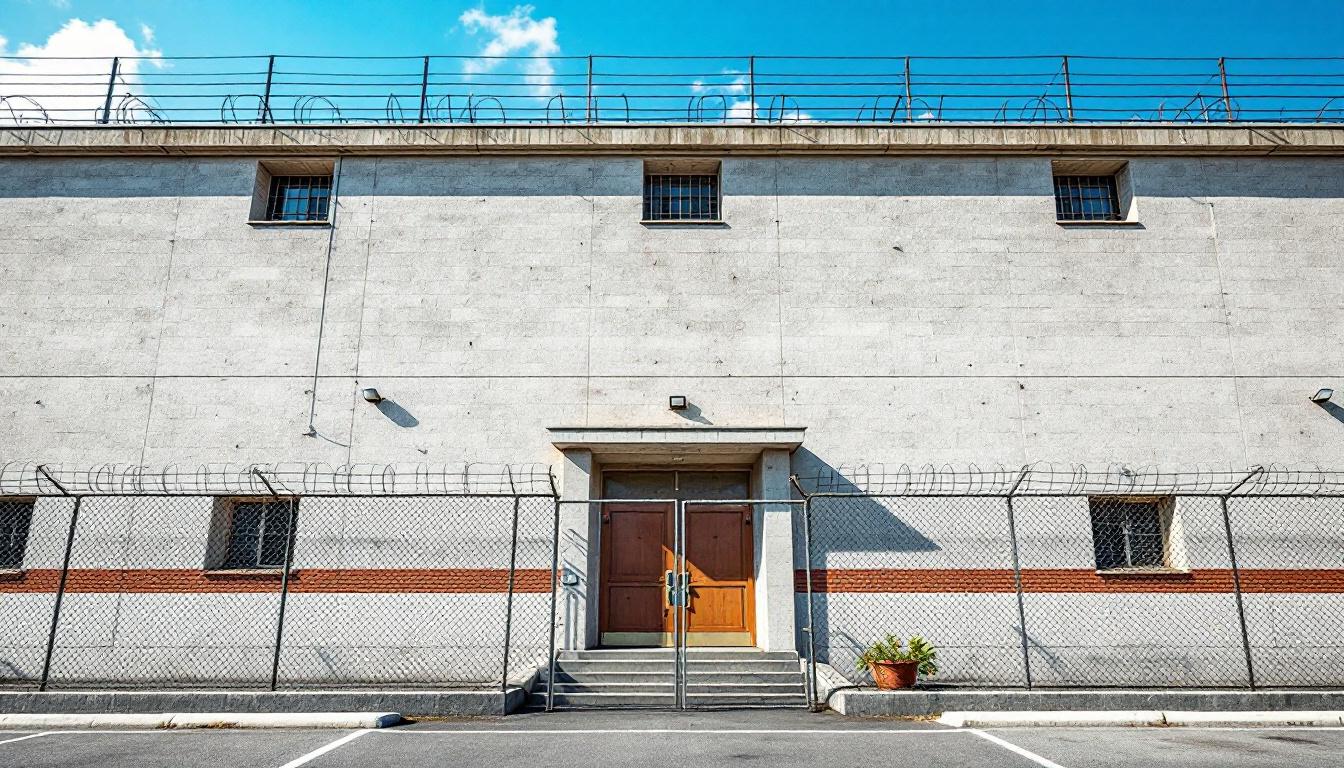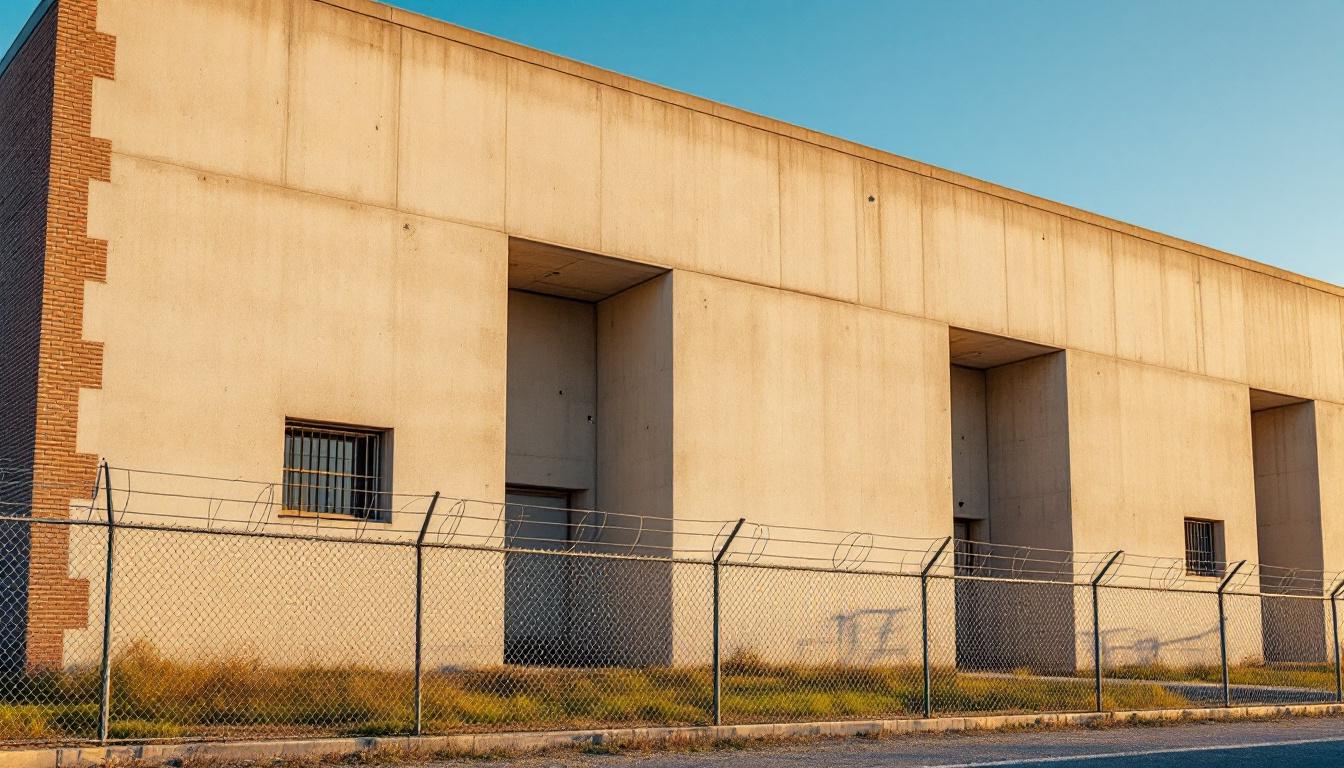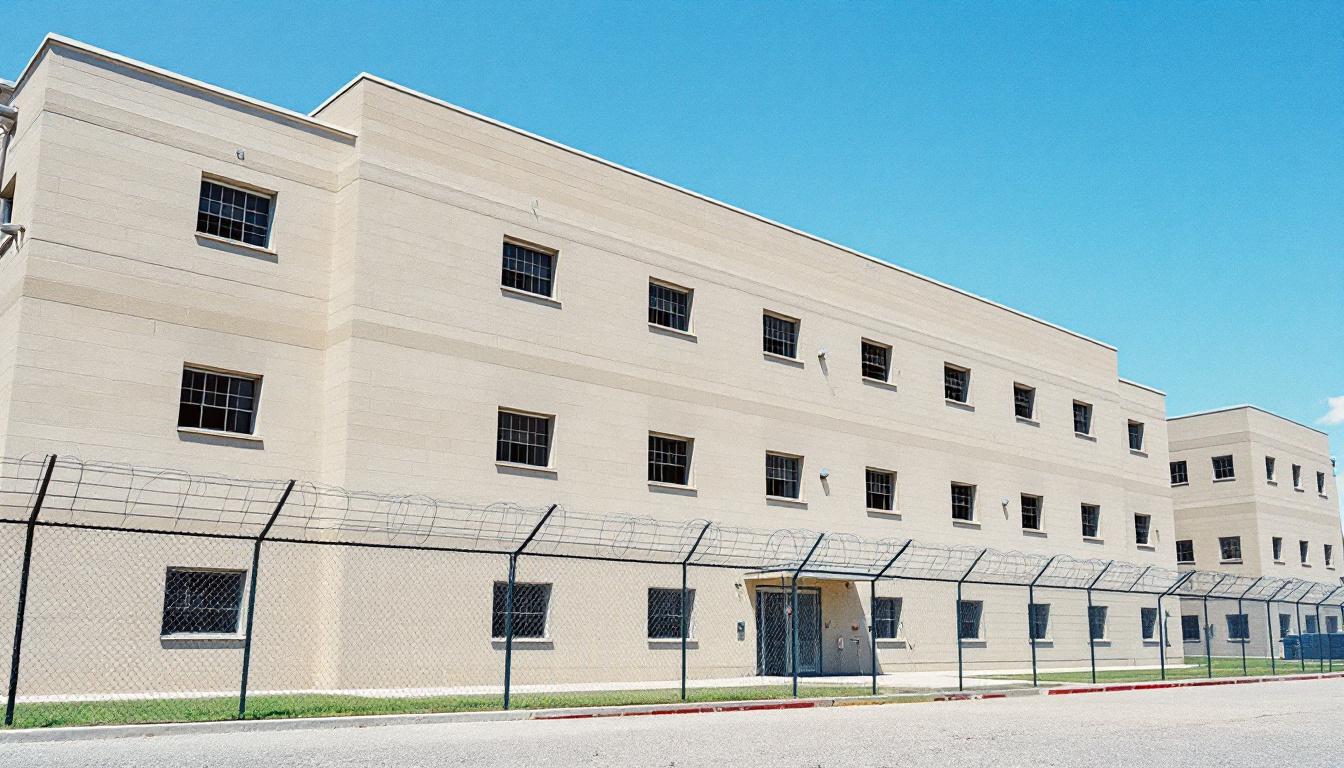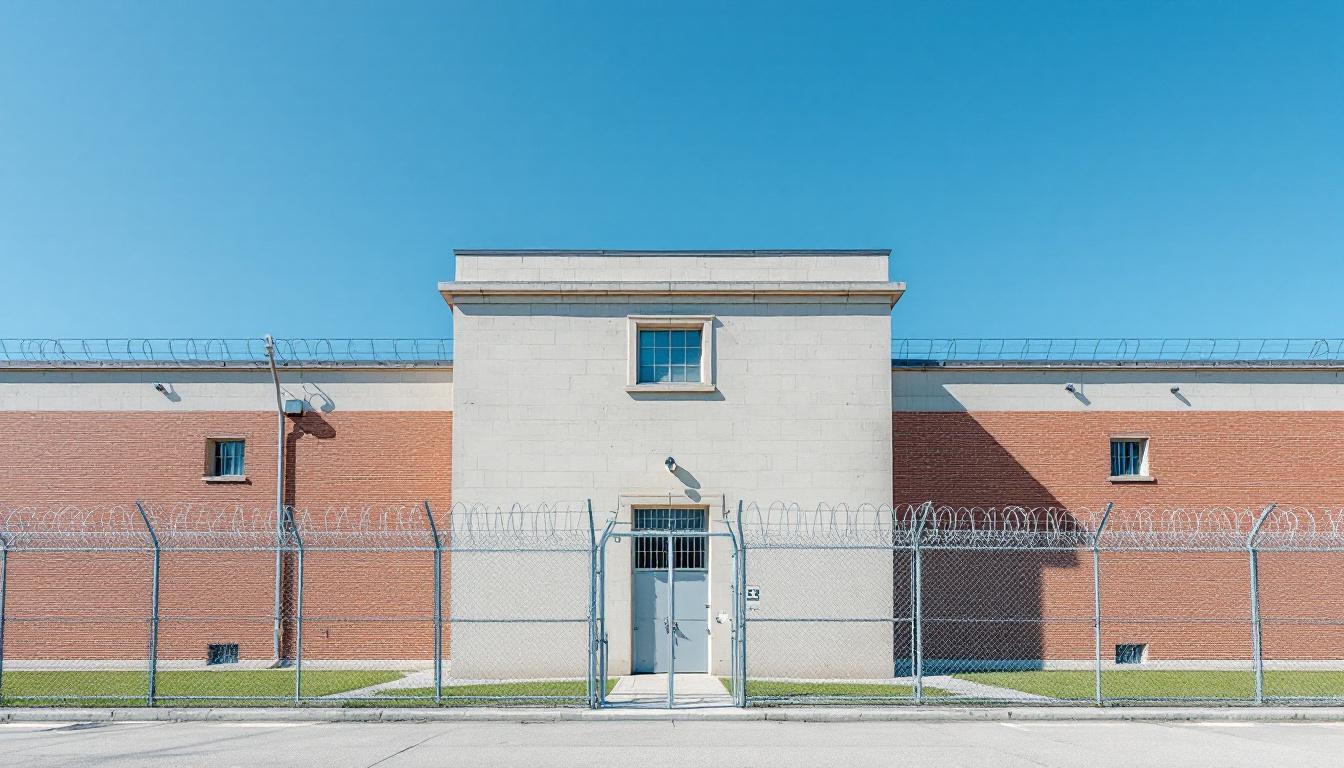
Quick Navigation
How to contact an inmate at Texas Department of Criminal Justice
This comprehensive guide will walk you through how to connect with an inmate at Texas Department of Criminal Justice. Follow the steps below to find an inmate and send letters and photos:
- Search for the inmate using our search tool below
- Create your account or log in to Penmate
- Write your message (up to 6,000 characters)
- Send instantly - inmates receive printed copies daily
Find an Inmate
Search for an inmate to start communicating today
Tip: You can search by first name, last name, or inmate ID number
To contact a person at Texas Department of Criminal Justice start by searching for the person on the official facility website. Perform a search by following these steps:
- Step 1: Enter their first name and last name into the search form and click "Search"
- Step 2: Locate their inmate record
- Step 3: Write down their Inmate ID and any housing information provided
Important! Be sure to enter the person's full name. Nicknames should not be used.
How to Send Messages to Inmates

You can use your phone or computer to send emails, letters, and photos to an inmate. Messages are sent electronically to inmate tablets or kiosks at the facility. If you would like to send a message, start by searching for an inmate at Texas Department of Criminal Justice.
Sending Photos and Postcards

A great way to send love and support to a loved one at Texas Department of Criminal Justice is to send photos and postcards. It only takes a few minutes to send photos from your phone and it makes a huge difference. You can also mail postcards with words of support and inspiration, or design your own postcard for special moments like birthdays and holidays.
Important! Be sure not to send any explicit photos or they may not be approved by the facility. You can also use a photo printing app like Penmate to make sure your photos are printed at the correct size (4x6 or 3x5) and are mailed according to the rules and regulations of Texas Department of Criminal Justice.
Frequently asked questions about Texas Department of Criminal Justice
-
How long does it take to deliver a message?
If you're sending an email message your letter is usually delivered within 24-48 hours. For messages sent via mail you should expect delivery within 3-7 days. All messages will need be approved by Texas Department of Criminal Justice.
-
How much does it cost to send a message to Texas Department of Criminal Justice?
You can send a message free using your phone or mail a message via USPS for the price of a $0.60 stamp and envelope. You can also purchase credits or e-stamps from services starting at $1.99.
-
What services can I use to contact an inmate at Texas Department of Criminal Justice?
Penmate
You can use Penmate to send letters and photos to an inmate from your phone. It's an easy way to stay in touch during your loved one's incarceration. Use the inmate locator to find an inmate's location and contact information, then you can send messages within a few minutes.
Securus messaging
Securus may be another option for communicating with an inmate at Texas Department of Criminal Justice. You can create a friends and family account and purchase credits to send messages. All messages will be reviewed and must be approved by the facility.
JPay
Some county jails and state prisons may support sending messages with JPay. You must register an account with the system, find your loved one, and purchase stamps to send messages. For some locations you can also attach photos.
Smart Jail Mail
You may also check if Smart Jail Mail is available at Texas Department of Criminal Justice. Smart Jail Mail is operated by Smart Communications and has contracted with some state and county jails. After purchasing credits, your messages and photos are sent to the facility, printed out, and then handed out to your loved one.
-
What is the mailing address of Texas Department of Criminal Justice?
Mailing address:
Texas Department of Criminal Justice
1536 Interstate 10 East
Fort Stockton, TX 79735
Phone: (432) 336-7676 -
What are the visiting hours at Texas Department of Criminal Justice?
Visiting hours at Texas Department of Criminal Justice vary by housing unit and security level. Generally, visits are scheduled on weekends and holidays, with some facilities offering weekday visits. Contact the facility directly at (432) 336-7676 or check their website for the current visiting schedule. Visits typically last 30-60 minutes and must be scheduled in advance.
-
What items are prohibited when sending mail to Texas Department of Criminal Justice?
Prohibited items typically include: cash, personal checks, stamps, stickers, glitter, glue, tape, staples, paperclips, polaroid photos, musical or blank greeting cards, hardcover books, magazines with staples, and any items containing metal or electronics. Only send letters on plain white paper with blue or black ink. Photos must be printed on regular photo paper (no Polaroids). Always check with Texas Department of Criminal Justice for their specific mail policies.
-
How do I send money to an inmate at Texas Department of Criminal Justice?
You can send money to an inmate at Texas Department of Criminal Justice through several methods: 1) Online using JPay, Access Corrections, or the facility's approved vendor, 2) Money orders mailed directly to the facility with the inmate's name and ID number, 3) Kiosks located in the facility lobby, or 4) Over the phone using a credit or debit card. Fees vary by method, typically ranging from $2.95 to $11.95 per transaction.
-
Can I schedule a video visit with an inmate at Texas Department of Criminal Justice?
Many facilities now offer video visitation as an alternative to in-person visits. At Texas Department of Criminal Justice, video visits may be available through services like Penmate, Securus Video Connect, GTL, or ICSolutions. Video visits typically cost $10-20 for 20-30 minutes and must be scheduled in advance. You'll need a computer or smartphone with a camera and reliable internet connection. Contact the facility for their specific video visitation policies and approved vendors.
-
What identification do I need to visit an inmate at Texas Department of Criminal Justice?
All visitors must present valid government-issued photo identification such as a driver's license, state ID, passport, or military ID. Minors must be accompanied by a parent or legal guardian who can provide the minor's birth certificate. Some facilities require visitors to be on the inmate's approved visitation list, which may require a background check. Contact Texas Department of Criminal Justice for specific ID requirements and visitor approval procedures.
-
How can I find out an inmate's release date?
To find an inmate's release date at Texas Department of Criminal Justice, you can: 1) Use the online inmate search tool if available, 2) Call the facility's records department, 3) Contact the inmate's case manager or counselor, or 4) Have the inmate provide this information during a call or visit. For privacy reasons, some facilities only release this information to immediate family members.
Facility Overview
Contact Information
Texas Department of Criminal Justice1536 Interstate 10 East
Fort Stockton, TX 79735
Phone: (432) 336-7676
Official Website
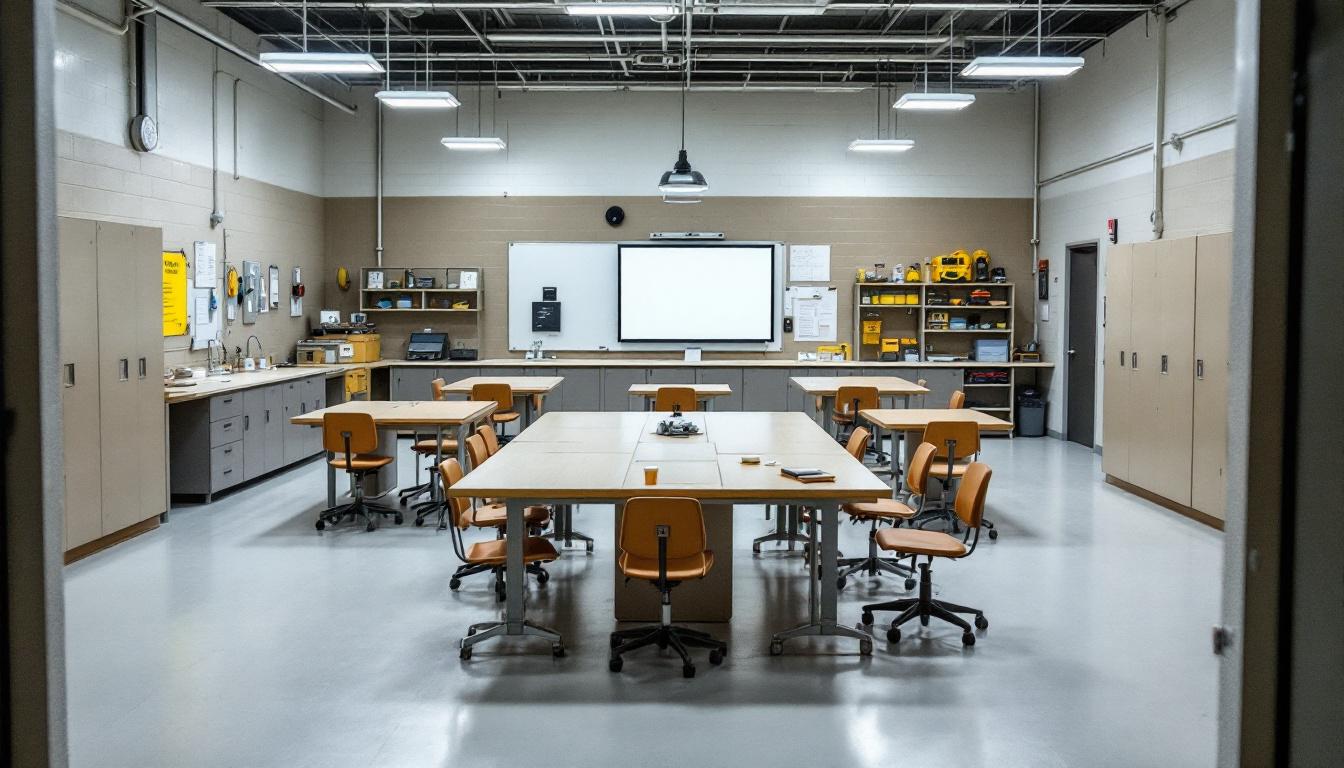
About Texas Department of Criminal Justice
Comprehensive rehabilitation services and structured programming form the operational foundation at Fort Stockton Unit, TX, where systematic approaches to correctional management support both individual development and community safety objectives. This TX correctional facility processes various rehabilitative interventions through established protocols that typically encompass educational advancement opportunities, vocational skill development, and behavioral modification programs designed to address underlying factors contributing to criminal behavior.
Located within the West Texas landscape of Fort Stockton, the facility operates as an integral component of the state's broader correctional infrastructure, serving designated populations through standardized custody procedures and case management protocols. The institution's operational framework generally incorporates mental health services, substance abuse treatment modalities, and reentry preparation programs that may include job readiness training and community transition planning. These individuals services are typically delivered through coordinated departmental efforts that align with state correctional objectives and evidence-based practices.
The correctional facility maintains its systemic role through established administrative processes that coordinate with regional law enforcement agencies, judicial systems, and community organizations throughout the Fort Stockton area. Operational procedures generally emphasize security protocols while facilitating access to library resources, recreational activities, and family visitation programs that support maintaining community connections during incarceration periods.
Programs & Services
Recognizing that meaningful change requires a multi-faceted approach, Fort Stockton Unit typically provides individuals with access to diverse opportunities designed to address various aspects of personal development. The facility's comprehensive framework often includes educational advancement, skill-building initiatives, and support services that work together to create pathways for growth. This holistic approach may offer individuals the chance to develop practical abilities while also addressing underlying issues that contribute to successful reintegration.
Educational and vocational training opportunities at the facility often focus on building marketable skills that can translate into employment upon release. Vocational training programs may include instruction in various trades and technical fields, allowing individuals to develop hands-on expertise in areas with strong job market demand. Furthermore, work programs within the facility typically provide practical experience and help individuals develop strong work habits and professional skills. These opportunities often emphasize both technical competency and workplace readiness.
Support services at Fort Stockton Unit may encompass faith-based initiatives and chaplaincy programs that address spiritual and emotional wellness needs. Agriculture programs often provide individuals with opportunities to learn sustainable farming practices while contributing to facility operations. Furthermore, these support-oriented opportunities typically focus on helping individuals develop coping strategies, build positive relationships, and establish foundations for long-term success. The combination of practical skill development and personal support services may create a comprehensive environment where individuals can work toward meaningful change across multiple areas of their lives.
Daily Life & Visitation
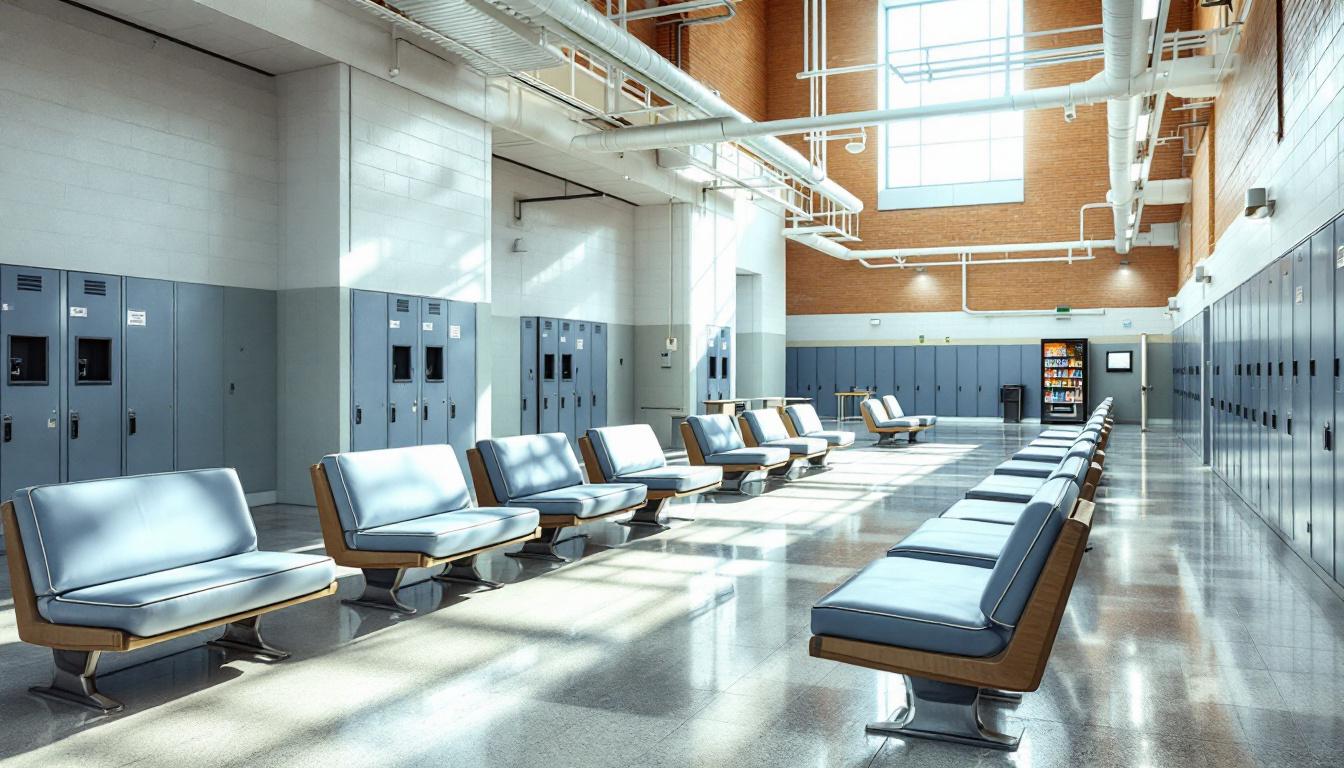
The steady rhythm of structured routines shapes much of what individuals experience, though personal adaptation varies significantly from person to person. At present, the facility operates on a schedule that balances security requirements with programming opportunities, and individuals are actively engaged in various aspects of institutional life throughout their day. Generally, mornings begin early with count procedures, followed by meal service and work assignments or educational programming.
Furthermore, living accommodations typically consist of housing units designed to manage different custody levels and individual needs. Individuals usually share living spaces and have access to basic amenities, though personal property remains limited to approved items. Although space may be constrained, the facility generally provides areas for personal hygiene and storage of permitted belongings. Meals are typically served in designated dining areas at scheduled times, with menu options that aim to meet basic nutritional requirements while accommodating some dietary restrictions or religious observances.
The facility often offers recreational activities and exercise opportunities during designated periods, which may include outdoor recreation time when weather and security conditions permit. Work assignments typically involve facility maintenance, food service, or other institutional operations that help individuals develop skills while contributing to daily operations. Although visitation policies include specific procedures and scheduling requirements, family members can generally maintain contact through approved visits and phone calls. Educational programming and structured activities usually provide additional opportunities for personal development, helping individuals prepare for eventual reintegration while maintaining connections to their support systems outside the facility.
Ready to Connect?
Start communicating with your loved one today
Search for an Inmate
